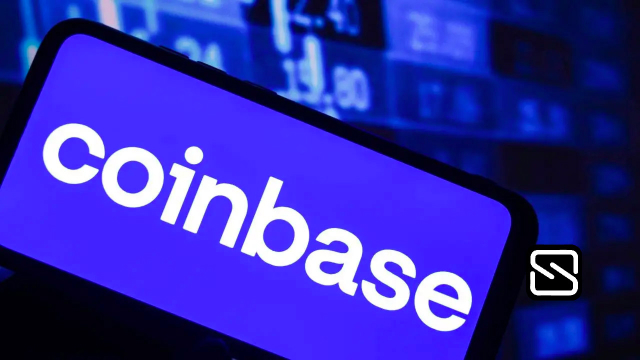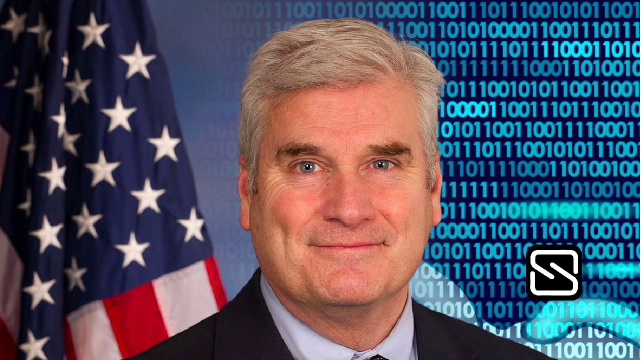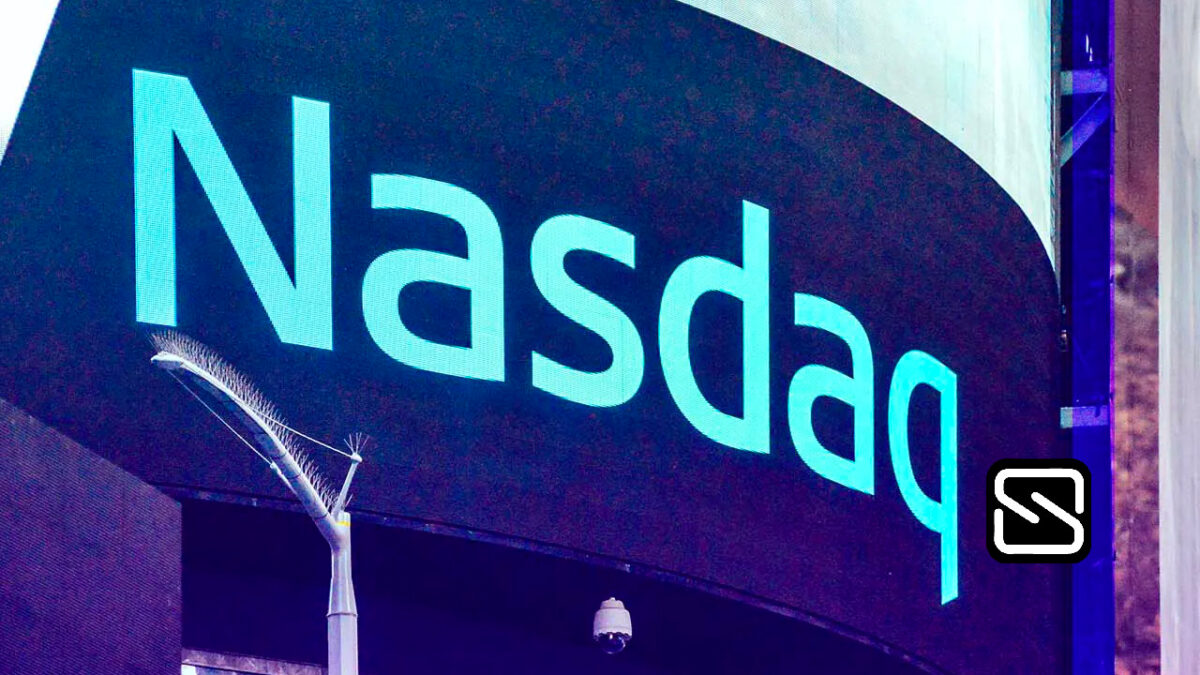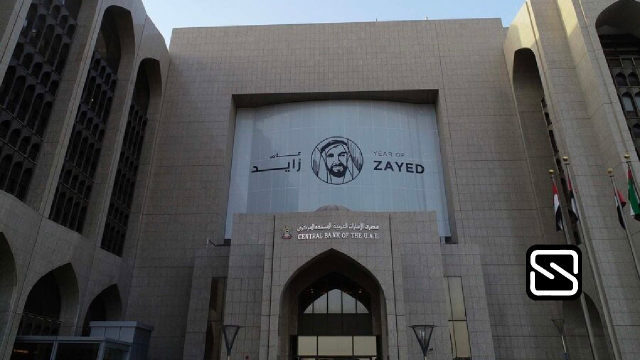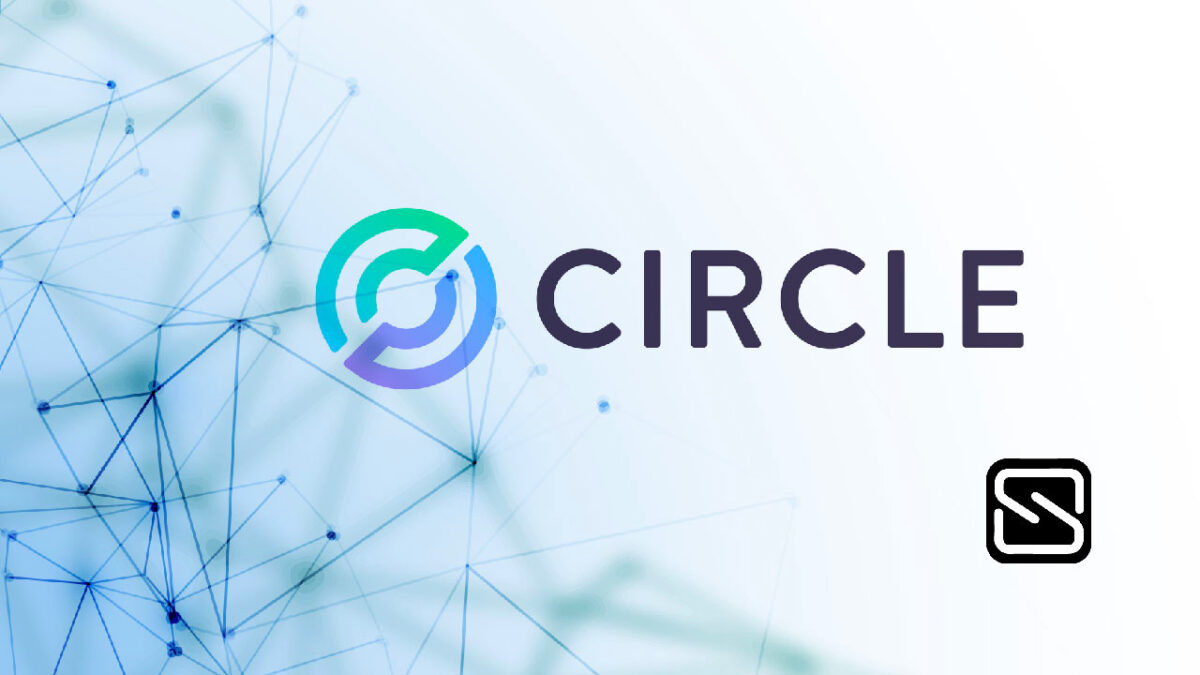Several mainstream brands around the world have been expanding into the Crypto, NFT, Metaverse, and Web3 space. The luxury brand Gucci is one such name. The luxurious fashion brand recently announced a multi-year partnership with Bored Ape Yacht Club’s Yuga Labs.
According to a report from The Business of Fashion, the deal would extend engagement between each company’s communities by exploring the intersection between fashion and entertainment in the Metaverse.
Robert Triefus, Gucci’s Senior Executive Vice President, Corporate and Brand Strategy, and Chief Executive of Gucci Vault and Metaverse Ventures commented on the partnership saying, “We are excited to unveil this multifaceted partnership with Yuga Labs, a leader, and creative pioneer in web3. This will give us an active role in Otherside and 10KTF’s continuing narrative, unfolding in multiple forms.”
The executive reportedly stated at a recent fashion-tech gathering that Web3 represents a long-term possibility for the company. He argued that the upcoming web generation may promote customer loyalty, foster community, and ultimately contribute to income production.
Furthermore, Triefus went on to label the early NFT days as a wild west period. On the other hand, he called the latest meltdown a correction.
According to the executive, NFTs are now in a more sensible place, and Gucci intends to capitalize on the same via partnerships. Here it is worth recalling that Gucci partnered with 10KTF last year for its Gucci Grail project. As far as the latest deal is concerned, the luxury brand’s participation in Otherside” will kickstart this week.
Otherside fostered Yuga Labs’ expansion into the Metaverse. Bored Ape Yacht Club’s parent company recently undertook its second trip or second test of its gamified metaverse platform. More than 7,200 “concurrent Voyagers” embarked on the same. The trip was open to Otherdeed NFT holders.
Otherdeed Non-Fungible Tokens are linked to be released in Otherside’s impending Metaverse. Yuga Labs hosted the first trip in Q3 last year. Post that, in Q4, Yuga Labs went on to acquire Web3 ecosystem WENEW and its flagship NFT collection 10KTF.
Michael Figge, Yuga Labs’ Chief Creative Officer also stated, “We’re looking forward to showcasing how that partnership extends to endless opportunities in Otherside.”

